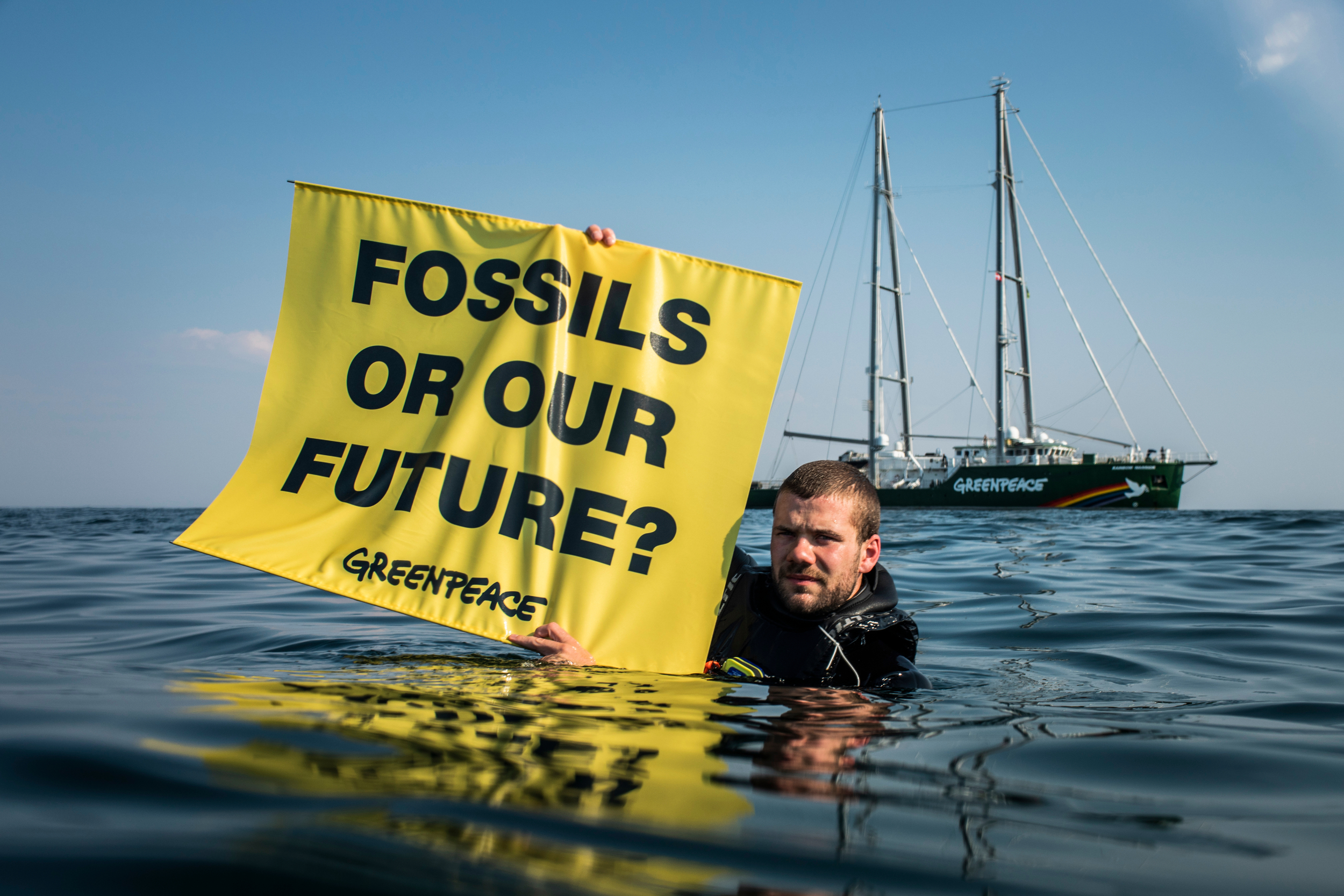Tēnā koutou katoa,
My name is Niamh O’Flynn, and I’m speaking on behalf of Greenpeace Aotearoa. I’m sure some of what I have to say, you’ve heard from others today, but I represent the tens of thousands of Greenpeace supporters across Aotearoa.
We appreciate the opportunity to appear before you to discuss this Bill that in our view represents a serious threat to the democratic freedoms New Zealanders hold dear.
1. Core Position
Greenpeace opposes this Bill in its entirety.
At its heart, this Bill seeks to criminalise protest, a vital democratic right that has shaped Aotearoa’s history and identity.
How we treat protest matters. Public protest is not a nuisance to be managed; it is a cornerstone of democracy. From women’s suffrage to our nuclear-free stance, progress in this country has depended on the ability of citizens to stand up, speak out, and sometimes make those in power uncomfortable.
Protest as a Last Democratic Resort
For many New Zealanders, protest is not the first step, it’s the last resort.
People write submissions, they contact their MPs, they vote, they sign petitions. But when those formal channels fail to deliver meaningful change, peaceful protest is the only remaining way to make their voices heard.
To restrict protest is therefore to silence those who have already exhausted every other democratic avenue. It sends the message that speaking truth to power is permitted only when it is convenient, and that undermines the very essence of a participatory democracy.
This Bill risks silencing the public voice. It would punish people for what it terms “targeted and disruptive demonstrations” near residential premises. These terms are so vague and broad that almost any peaceful protest could fall within them.
2. The Democratic Importance of Protest
Protest is important for democracy.
The effectiveness of protest depends on being seen and heard by decision-makers, sometimes at their offices, sometimes outside Parliament, and occasionally near their homes, or the residences of diplomatic representatives.
EXAMPLE
The Supreme Court in Morse v Police made this clear: it is legitimate for protestors to choose the time, place, and manner of their protest to ensure their message is effective.
This Bill would strip citizens of that right. It tells New Zealanders: You can protest, but only when and where it doesn’t bother anyone in power. That’s not democracy, that’s convenience for the powerful.
3. Existing Laws Already Cover Harmful Conduct
If the purpose of this Bill is to manage protests that get out of hand, then it is unnecessary.
We already have extensive laws to deal with protest that crosses the line into intimidation, harassment, or public disorder.
The Summary Offences Act already prohibits disorderly behaviour, offensive language, obstruction, and intimidation. The Trespass Act protects private property. The Harassment Act protects individuals from sustained or targeted abuse.
There is no gap in the law that this Bill needs to fill. What this Bill would do instead is create a new offence where none is needed, and give police sweeping discretion to decide what protest counts as “disruptive”.
4. Dangerous Vagueness and Overreach
The Bill’s drafting is so vague and broad that it invites overreach.
It doesn’t define what “near” means. Could a protest on a main street be deemed “near” a residence above a shop?
It doesn’t require proof that a protest was actually disruptive, only that a person ought to have known it might be.
That kind of uncertainty creates a chilling effect. People will avoid protesting, for fear of arrest. And that’s the point at which a democracy starts to erode.
As drafted, even peaceful protests outside embassies could be criminalised, simply because many ambassadors live in the buildings where they work, and in central civic areas if an official happens to live nearby. Protest in these spaces has long been part of New Zealand’s democratic tradition, including during protest over the Dawn Raids and the protests over the Vietnam War.
The Bill’s breadth goes far beyond its stated goal of protecting privacy.
5. Conflict with the Bill of Rights and International Law
The Bill is also inconsistent with the New Zealand Bill of Rights Act and our international obligations under the ICCPR (International Covenant on Civil and Political Rights).
It undermines the rights to:
- Freedom of expression,
- Freedom of peaceful assembly,
- Freedom of association, and
- Freedom of movement.
Article 17 of the ICCPR — which the Bill’s explanatory note cites — protects against arbitrary or unlawful interference with privacy. Peaceful protest is neither arbitrary nor unlawful. By contrast, Articles 19, 21 and 22 affirm the very rights this Bill seeks to curtail.
6. The Precedent
In Brooker v Police (2007), the Supreme Court held that protest outside a private residence can be legitimate political expression. The majority found that annoyance or discomfort does not justify criminalisation. “A tendency to annoy others, even seriously, is insufficient to constitute a disruption to public order.”
That principle remains true today. Democracy requires tolerance of speech and actions that may disturb, inconvenience, or embarrass those in power. The right to privacy cannot outweigh the public’s right to hold its leaders to account.
7. The Bigger Picture
This Bill may seem minor, but its implications are profound.
It signals a shift away from an open free society in which the right to protest peacefully is enshrined, toward controlled dissent.
It tells ordinary people, students, workers, whānau, environmental defenders, that their right to protest can be revoked when it becomes politically inconvenient.
We should protect New Zealand’s strong legacy of peaceful protest, not weaken it.
8. Conclusion
In summary:
- This Bill is unnecessary – the law already covers harmful protest behaviour.
- It is dangerously vague – risking overreach and chilling lawful protest.
- It conflicts with fundamental rights – under NZBORA and international law.
- And it undermines democracy – by shielding decision-makers from accountability.
For these reasons, Greenpeace Aotearoa urges the Committee to reject this Bill in its entirety.A strong democracy does not fear protest, it protects it.
Thank you, and I welcome any questions from the Committee.
ENDS



